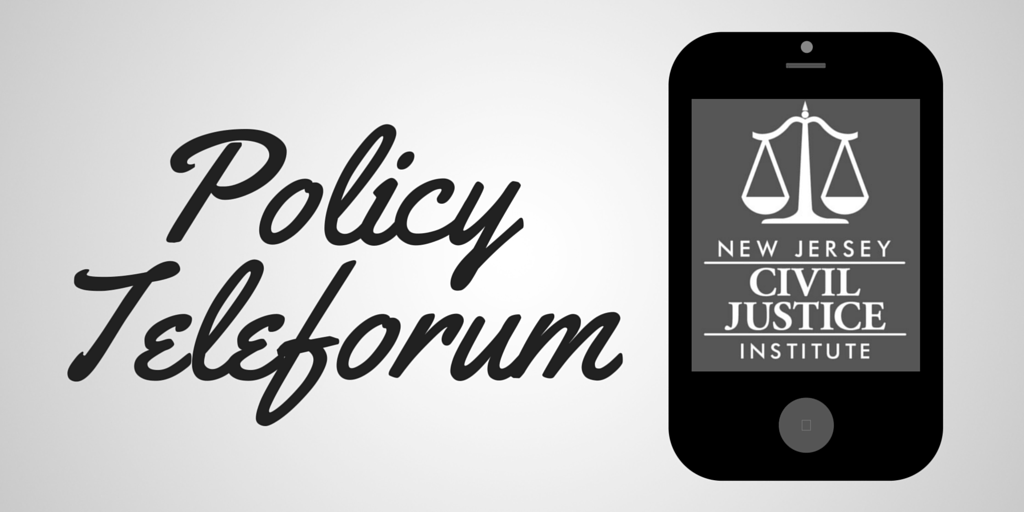 On Thursday, December 3, at noon, the New Jersey Civil Justice Institute is holding a policy teleforum on Morgan v. Sanford Brown Inst., a case that will provide greater insight into what direction the New Jersey courts are heading in arbitration cases. The featured speaker will be Gavin J. Rooney of Lowenstein Sandler LLP, the lead author of NJCJI’s amicus brief in this case.
On Thursday, December 3, at noon, the New Jersey Civil Justice Institute is holding a policy teleforum on Morgan v. Sanford Brown Inst., a case that will provide greater insight into what direction the New Jersey courts are heading in arbitration cases. The featured speaker will be Gavin J. Rooney of Lowenstein Sandler LLP, the lead author of NJCJI’s amicus brief in this case.
What’s this case about?
When the plaintiffs enrolled at Sanford Brown, a for-profit institute of higher education, they signed an “Enrollment Agreement” which stipulated that all disputed would be resolved via arbitration. Plaintiffs later filed a lawsuit alleging violations of the New Jersey Consumer Fraud Act (CFA), breach of contract, breach of warranties, and negligent misrepresentation. Sanford Brown sought to have the case arbitrated as stipulated in the Enrollment Agreement. The plaintiffs argue that their Consumer Fraud Act claims should not be governed by the arbitration agreement because the agreement limits some of the remedies available to them.
The trial court agreed with the plaintiffs, but the Appellate Division reversed, holding that the severability provision also contained in the Enrollment Agreement cut off the provisions limiting remedies but preserved the arbitration provisions as a whole.
The New Jersey Civil Justice Institute and the United States Chamber of Commerce filed a joint amicus curiae brief to the New Jersey Supreme Court urging the court to uphold the arbitration agreement at issue, and affirm that arbitration is an effective, and even favored, means of dispute resolution.
New Jersey courts, including the state supreme court, have been issuing rulings that disfavor arbitration agreements, implying it is inferior to traditional court proceedings. We argue that New Jersey has no choice but to conform its law to the controlling federal authority favoring arbitration.
If you are interested in participating in the call recapping the oral arguments, please email Emily Kelchen, NJCJI’s Director of Public Affairs, for the call-in information.
This program has been approved by the Board on Continuing Legal Education of the Supreme Court of New Jersey for 1 hour of total CLE credit. Of these, zero qualify as hours of credit for ethics/professionalism, and zero qualify as hours of credit toward certification in civil trial law, criminal trial law, workers compensation law and/or matrimonial law.

Leave A Comment